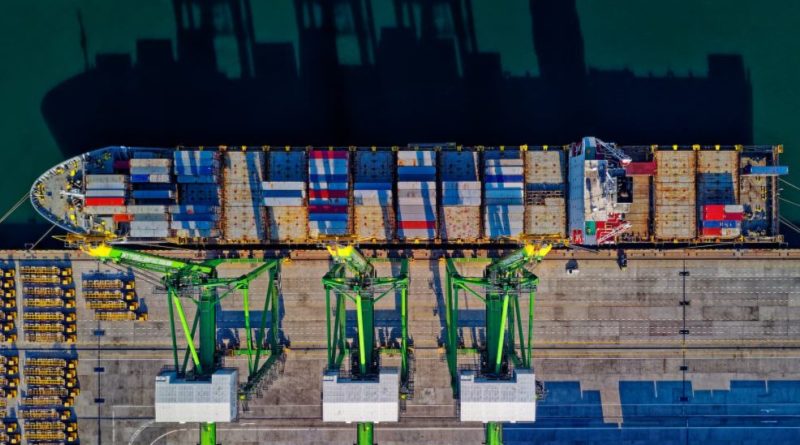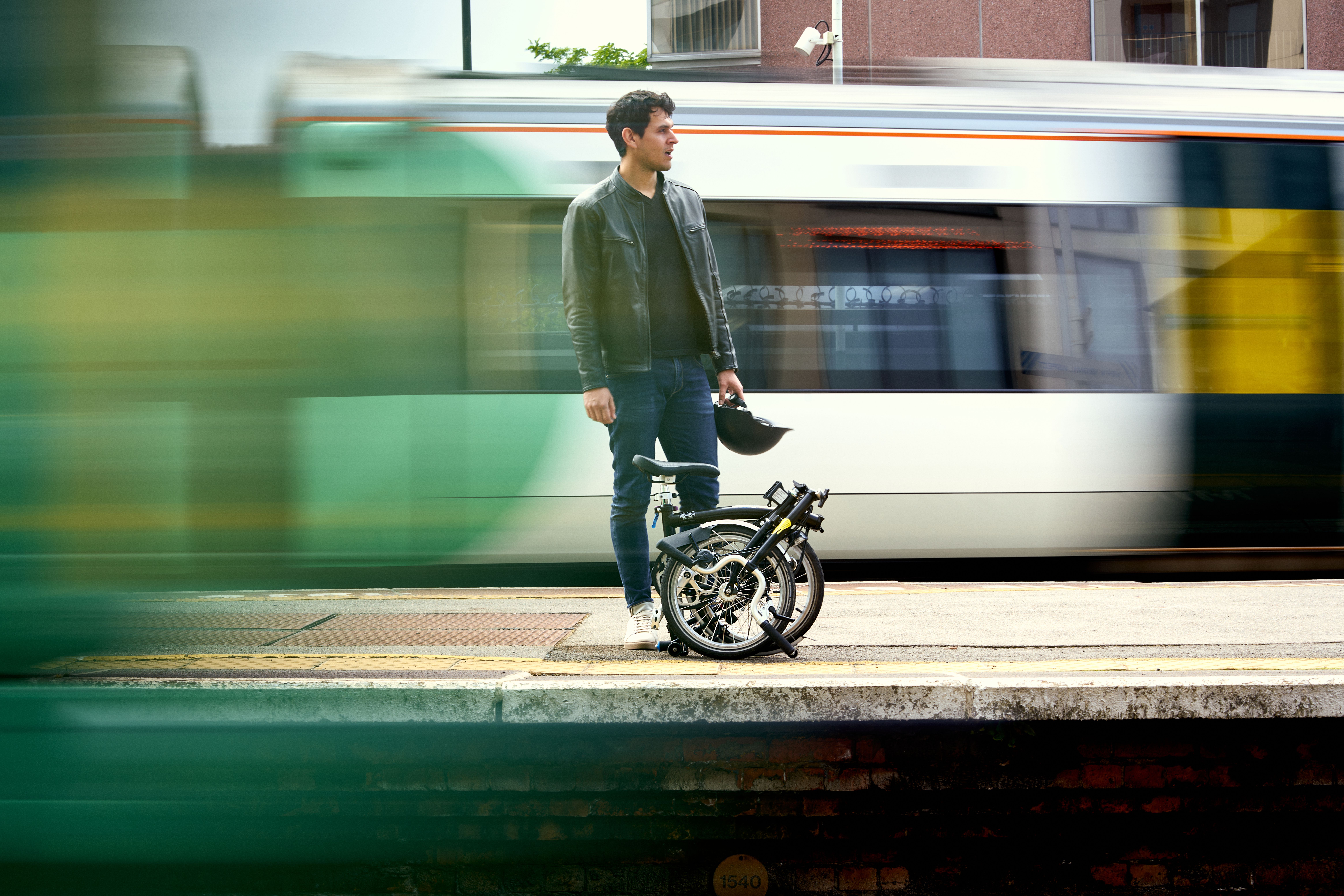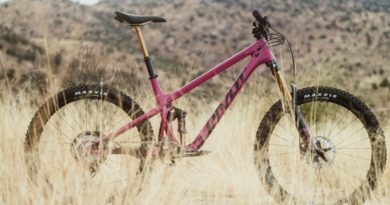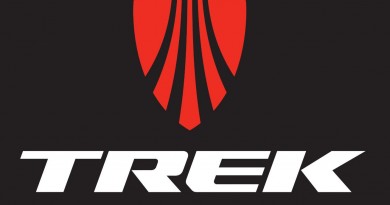Brands begin to address consumer on global bike supply issues
A number of bike brands have begun to directly address consumer questions on bike supply in the face of growing disbelief at lead times.
Writing on the subject this week, Argon 18 was one label going into depth and with some honesty on the road ahead. The brand wrote: “The delays that we’re facing now are the result of a perfect storm of disruptions due to COVID-19 restrictions in production facilities, a massive increase in demand for bikes in 2020, and a large increase in global shipping volume overall as thousands more shoppers went online, leading to delays in shipping hubs and a strain on courier and delivery companies. All of that added up to a production and delivery backlog on a global scale.”
It goes on to say that it has done all it can to address component shortages and shorten its time to market. One method it has deployed includes switching its finishing kit supply from Shimano to SRAM for its 2021.
Shimano, with a market share of around 80%, is not only the leading OEM supplier, but according to CI.N’s research of the UK bike retail market, is relied upon by 83% of workshop for aftermarket service and upgrade goods. Among jobs listed with the giant at present, supply chain planner roles are going.
That heavy reliance on one supplier has caused bottlenecks, writes Argon 18, which stated: “Many component manufacturers simply cannot keep up with the demand they’ve faced over the past year, making it hard for many brands like Argon 18. Like frame manufacturers, they had to decrease staff in factories to maintain distancing, and are facing the same shipping challenges. As larger bike brands have stepped up orders and production, they’ve also stepped up their component orders, meaning there’s increased competition for decreased levels of products. We switched to SRAM because they were able to deliver our specific order faster for 2021, and provide the quality and performance our riders expect.”
On the electric bike front, Thok addressed its global audience with a candid interview with CEO Stefano Migliorini, who explains “Covid has made things more complicated, especially in terms of production, making it hard to regularly get hold of components; at the same time, it created great opportunities for all the companies in our industry. We looked for other suppliers, but of course they all have some delivery and logistical problems, not just our usual suppliers.”
In the UK, Guderiet managing director Duncan Harrop is likewise being honest with customers and explains that for the foreseeable future the brand will focus on more easily attainable Gates belt driven bikes and those that are hub gear driven.
“For the rest of 2021, Gudereit UK is concentrating on supporting and supplying their dealer network and clients with hub gear transmissions and moreover “Gates” carbon fibre belt drive for their E-bike range. Having seen the impact of bike supply shortages for manufacturers, as well as dealers we will now focus on what we can actually supply to our dealer network, rather than offering no options, or waiting times of up to a year,” he told CI.N this week.



